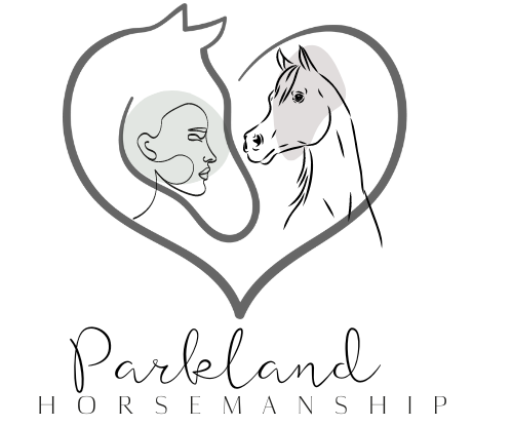Horses offer an exceptional therapeutic experience for those struggling with mental health challenges. Their nonjudgmental nature creates a sense of acceptance and unconditional positive regard from participants.
Numerous celebrities have spoken openly about their personal experiences with equine therapy, including Kaley Cuoco of “Big Bang Theory” fame and country singer Miranda Lambert.
1. They’re Perceptive
Horses are intuitive creatures who are adept at reading people’s emotions and responding accordingly, adapting their behavior accordingly. Horses can pick up on anxiety by becoming skittish, while aggression shows itself by becoming stubborn. By mirroring clients’ behaviors and increasing self-awareness.
Equine therapy (sometimes referred to as “equine-assisted psychotherapy”) is an experiential form of psychotherapy combining physical and psychological components. Patients learning this treatment method from horses help manage stress, emotions and foster responsibility within themselves and develop better sense of management skills through interaction.
Bonding with horses also fosters empathy and open communication, helping alleviate feelings of isolation associated with PTSD. Horses provide non-threatening companionship that encourage healing and growth.
2. They’re Safe
Horses are experts at self-regulation, and can help humans learn this technique too. In an equine-assisted therapy session, clients build trust with an animal that doesn’t judge them while discovering co-regulation’s power.
At NewYork-Presbyterian/Columbia University Irving Medical Center’s study, participants traveled weekly for 90-minute equestrian center sessions that involved grooming horses and leading them with a halter, as well as mental health evaluations, blood pressure and oxytocin monitoring, and taking brain imaging scans before and after treatment.
Sessions are designed around a manual that was specifically created with PTSD in mind, with expert PTSD clinicians reviewing and annotating each exercise idea, eliminating those which likely didn’t have a beneficial effect on mitigating symptom mitigation. Eight sessions follow this format – these include grounding exercises using perceptual sensations to relax nervous systems; an introductory barn tour; teamwork activities (such as working together to maneuver a horse onto a tarp); as well as activities using visual imagery.
3. They’re Emotional
Horses are masters at managing their nervous systems, which makes them excellent therapeutic partners for anyone suffering from posttraumatic stress disorder (PTSD). Bonding with and trusting horses as you learn how to work together on tasks both on the ground and while being ridden can be immensely therapeutic for people suffering from this disorder.
Studies by NewYork-Presbyterian/Columbia University Irving Medical Center researchers revealed that when veterans with PTSD spent time grooming and leading horses, their levels of hormones associated with stress (norepinephrine, epinephrine and cortisol) dropped. While this approach doesn’t replace psychotherapy or medication as treatments for PTSD, it can serve as an adjunct therapy that’s especially helpful when trying to open up in traditional therapy settings.
4. They’re Adaptable
As prey animals, horses are constantly on guard to detect threats in their environment, such as fear, anxiety and negative attitudes – similar to what those living with PTSD might experience. Horses are great at picking up on signs that people who experience symptoms may have issues related to these issues – giving horses the ability to pick up on any discomfort in people and even those suffering from PTSD themselves may feel threatened by horses!
Horse-assisted therapy offers patients an effective means to better regulate their emotions and build trust in others, creating healthy, supportive, and meaningful relationships.
While only a few studies examined this specific treatment approach, those that did experienced some impressive outcomes. One research paper demonstrated a statistically significant reduction in PTSD symptoms after five 1-hour sessions with horses; furthermore, participants did not need to discuss or revisit any past trauma; making the horses an invaluable ally in helping people overcome PTSD.
5. They’re Intelligent
Horses have the ability to sense anxiety and fear in humans, often mirroring how humans act or feel. Horses also pick up on subtleties of human communication as well as tension or energy in the human’s body.
Equine therapy can be an invaluable way to break down barriers and foster trust between people, horses, and PTSD sufferers. Horses offer nonjudgmental encouragement for living in the present moment – an invaluable aid for PTSD sufferers who may spend too much time remembering or worrying about the past or future.
Equine therapy has proven itself beneficial to individuals suffering from posttraumatic stress disorder (PTSD). Studies show that participating in equine therapy sessions can improve self-awareness and confidence for those diagnosed, as well as leading to improved relationships, more regular physical exercise routines, reduced depression and improved depression treatment plans.

